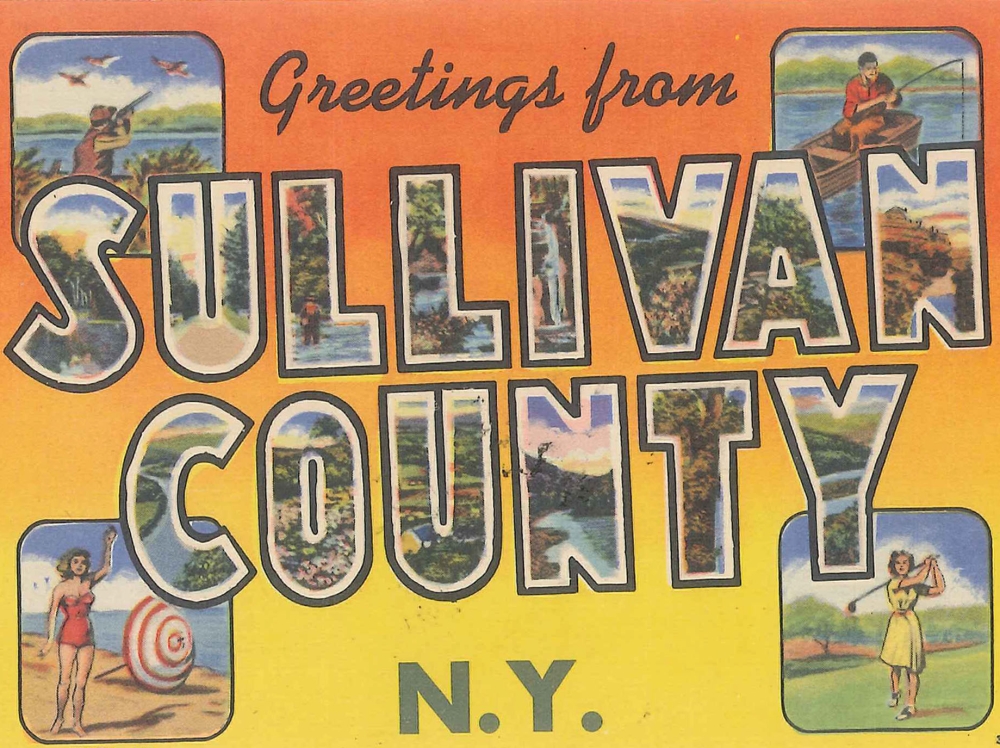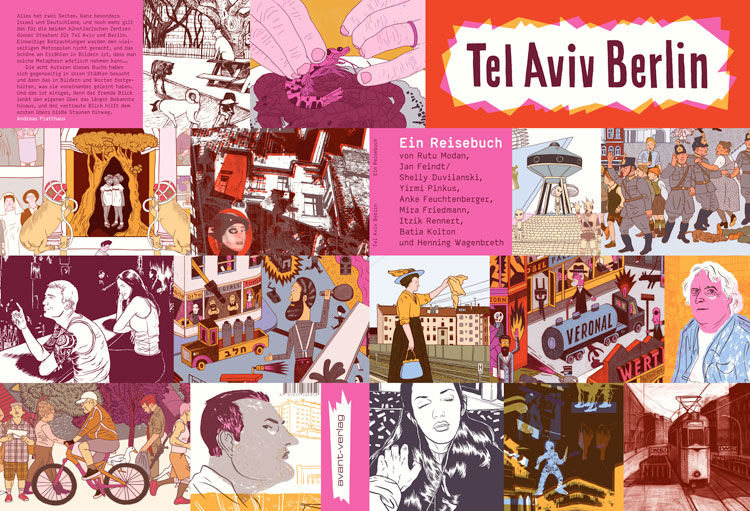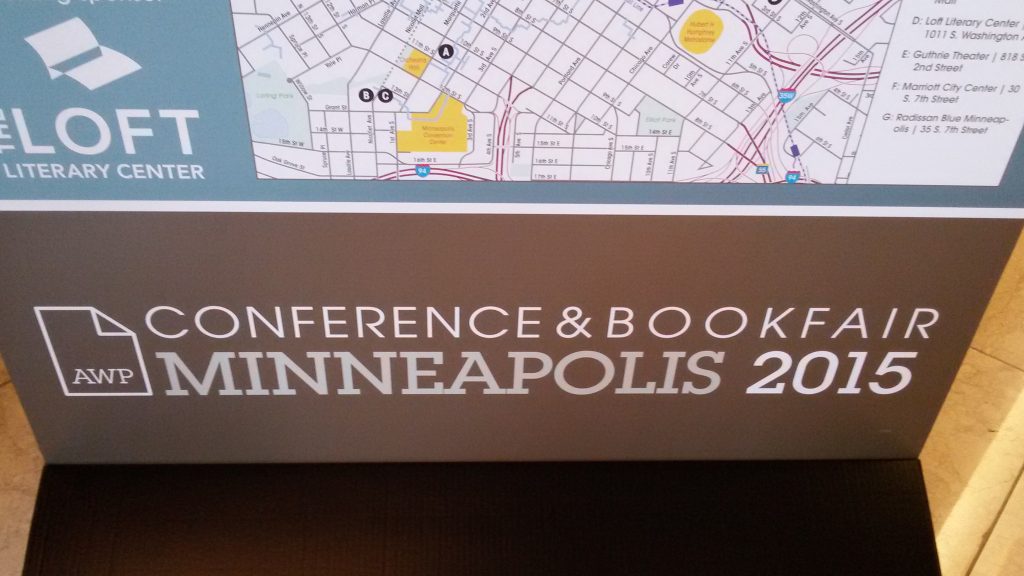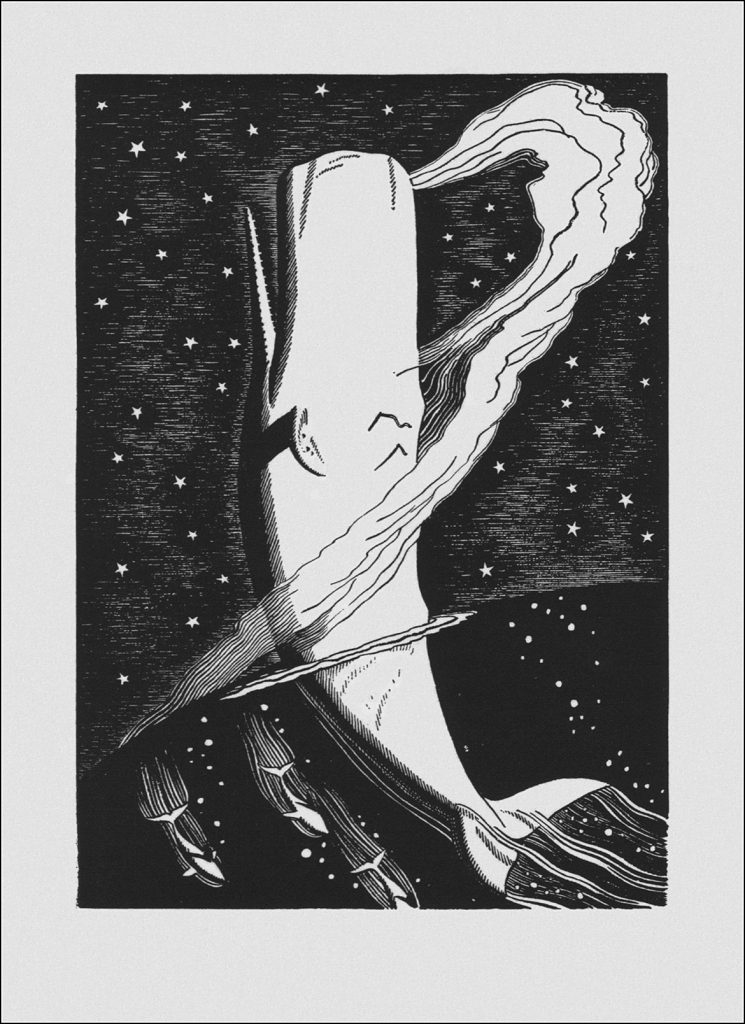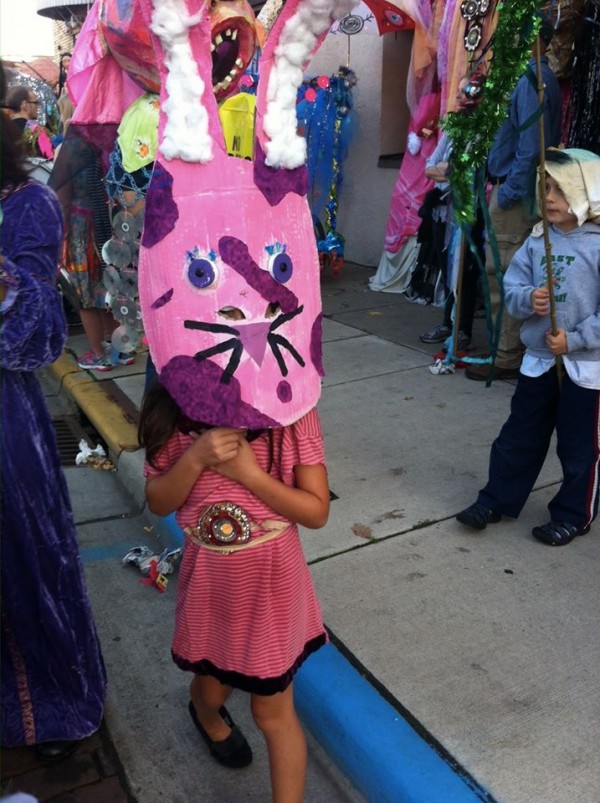Orlando, Ireland
The world is a confusing place. I am in Ireland for two weeks with the writing program that I direct, and here the recent referendum on same-sex marriage is still very much on people’s minds. In 2015, Ireland became the first country to legalize same-sex marriage by popular vote. The vote, in the end, was not close: 62% voted Yes, with nearly every part of the country voting to support the referendum. Roscommon-South Leitrim, a rural county toward the north of the Republic, voted No by a slim margin. Everywhere else, most voters pulled the lever to approve the constitutional change. In parts of Dublin, the vote to approve same-sex marriage was almost three-to-one.




